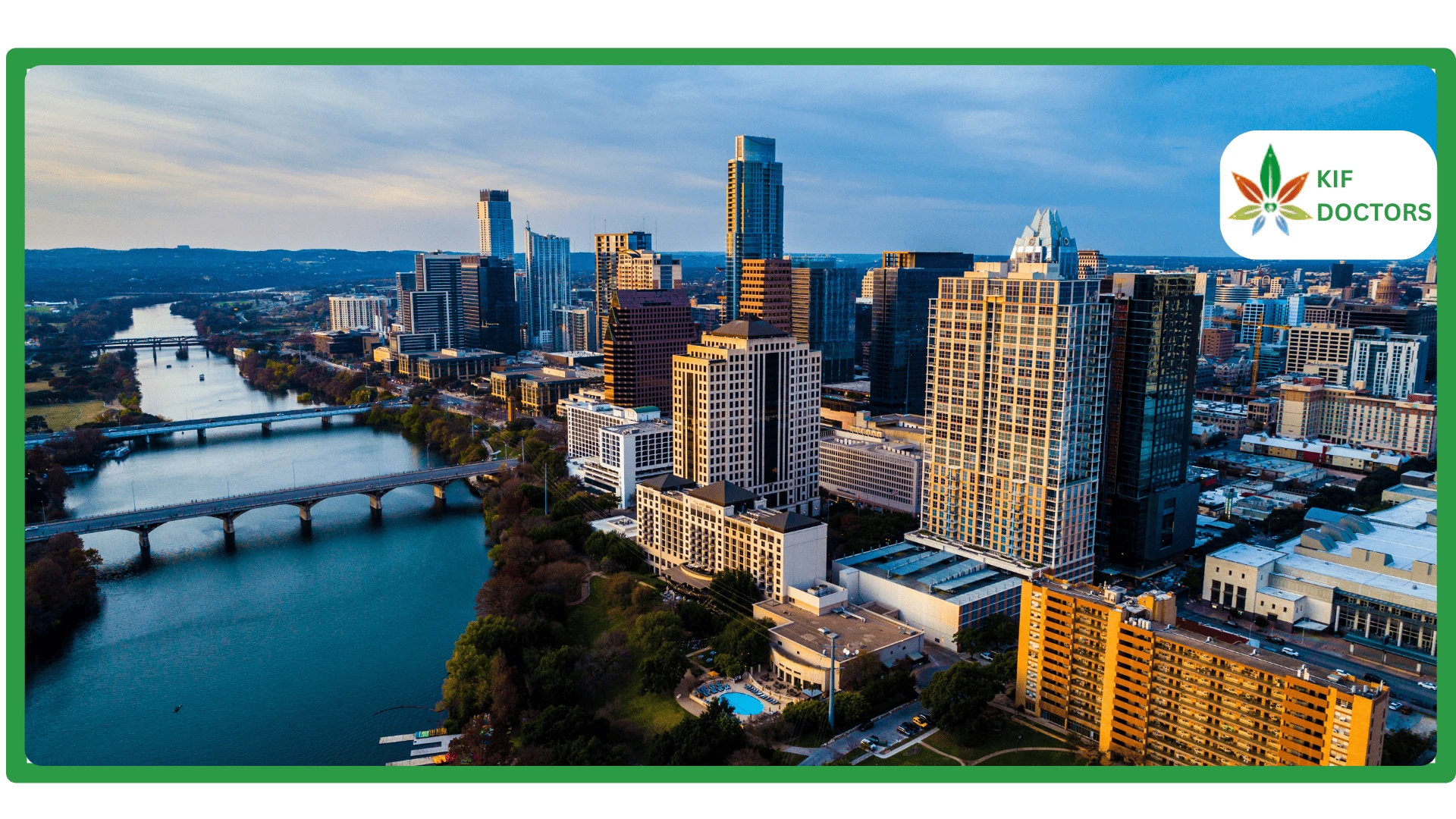The Narcotics Control Act prohibits the sale, use, possession, and cultivation of recreational cannabis in South Korea. However, the government legalized medical marijuana in 2018 after approving an amendment that places severe restrictions on its usage.
South Koreans have access to medical cannabis, but it is carefully regulated, available only to those who meet particular eligibility requirements, and approved only on an individual basis.
Patients can only apply for one of four CBD-based medications once they have been given the go-ahead.
South Korea Medical Marijuana Laws
For hundreds of years, cannabis was a common component of Korean medicine.
In South Korea, hemp grows wild, especially in the southeastern province of Gyeongbuk, and has historically been used as a treatment for pain or constipation as well as a material for clothes and other industrial uses.
In response to a global surge of prohibition activism in the middle of the 20th century, Korea passed its first narcotics law in 1957, outlawing the use of marijuana, particularly marijuana imported from India.
Due to the wording of the law, Korea's cannabis industry flourished, and many American hippies visited to test the regional strains.
In response, the Cannabis Control Act of 1976 banned the use of marijuana in any form and contributed to the propagation of a misguided view of marijuana that was reinforced by the United States' global War on Drugs.
In 2000, the Narcotics Control Act, which is still in effect today, was created by the union of this law with the Narcotics Act of 1957.
South Korea became the first country in East Asia to permit medical cannabis products after it revised the Narcotics Control Act to do so. However, there are rigorous regulations and only four CBD products are permitted.
Only A Few Medical Marijuana Products Are Permitted
Listed below are the cannabis products that South Korea's Ministry of Food and Drug Safety has authorized for sale there:
- Epidiolex is used to treat Lennox-Gastaut syndrome and Dravet syndrome.
- Marinol used to treat cancer-related nausea and weight loss
- Cesamet, for nausea from cancer therapy or weight loss
- Sativex, for multiple sclerosis
Patients Must Apply With the Government to Access Medical Marijuana
When requesting approval from the Ministry of Food and Drug Safety to use hemp medication, patients are required to obtain a doctor's prescription and bring their medical records.
Patients must then apply to the Korea Orphan Drug Centre after receiving approval in order to obtain the precise CBD drug they require. This organization is the only place from which they can purchase the medication.
Patients must visit the center's offices in Seoul to make pickup arrangements after placing an online order.
Recreational Use Is Still Prohibited, Even Abroad
South Korea prohibits the use of recreational marijuana as well as any THC-containing goods and substances that are obtained illegally. Furthermore, South Korean citizens who travel overseas, even to places where marijuana use is legal, like Canada or several states in the US, are still subject to the laws of their home nation and risk facing charges for using dangerous drugs.
According to Korean law, simple recreational marijuana use or possession is punishable by up to five years in prison and a fine of up to 50 million won, or about $38,000. The seriousness of the cannabis-related offense determines the severity of the crime.
Is it Legal to Grow Marijuana in South Korea?
The province of Gyeongbuk in the country's southeast was designated as a zone with no restrictions for hemp farming in 2020, and as a result, it is now the center of the country's cannabis business. It is the only location in the nation where licensed growers may lawfully grow hemp for both export and medical use.
To properly establish a medical cannabis sector in South Korea, several legislation must change as well as the ability to produce such hemp-based products.
Cannabis is not allowed to be grown by anybody but these authorized farmers.
A Rising Demand for Affordable Medical Marijuana in South Korea
The organization Legalizing Medical Cannabis in Korea, formerly known as the Korean Cannabinoid Association (KCA), continues to urge the government to broaden the present medical marijuana program to include more health conditions and to permit CBD oil as an over-the-counter therapeutic option.
The cannabis-based medications that are now permitted in South Korea are unaffordable for many families due to their high demand. For instance, a 100 ml bottle of an oral CBD-based treatment costs about 1.5 million won (1,358 USD) at the moment, and health insurance does not cover cannabis-based medications.
The Korea Cannabinoid Association, however, is faced with the difficulty of being on the opposing side of the general consensus on this topic. Individual Koreans who support medical marijuana legalization tend to be less outspoken about it because doing so could make them the subject of unwanted scrutiny from law authorities and an inquiry.
Conclusion
South Korea is the first Eastern Asian country to legalize medical marijuana. But there are still a lot of things to do to develop a strong medical marijuana program. The recreational purpose is still illegal and it is advised to check the latest rules when visiting South Korea.
 Since 2021, Kif offers a streamlined platform to get a medical marijuana card online. We have served more than 45K patients across the United States. Sign Up Now to get the right to use medical cannabis for your health condition without any delay.
Since 2021, Kif offers a streamlined platform to get a medical marijuana card online. We have served more than 45K patients across the United States. Sign Up Now to get the right to use medical cannabis for your health condition without any delay.
























